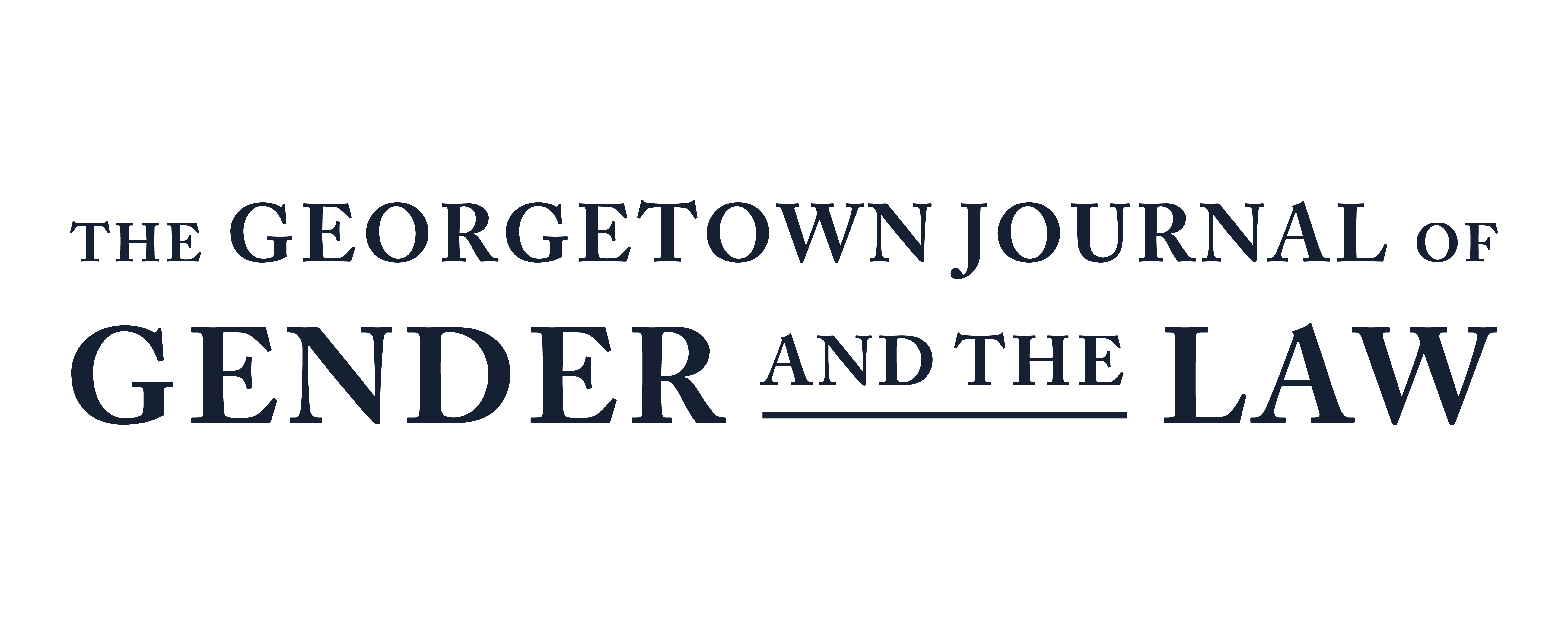Gendered Complications of COVID-19: Towards a Feminist Recovery Plan
COVID-19 exposed the limitations in the current economic system on public and private support for gender equity and the intersecting impact of gender, race, and class in that lack of support. Women of color, particularly those who are Black, Latina, or Native American, were at the intersection of the inequities in the pandemic economy. The catalogue of COVID-19’s impact covers all aspects of women’s lives: work, family, education, health, reproduction, mental and physical well-being, and leisure.
This Article argues that COVID-19 has complex implications for gender equality and gender equity as state and local governments, the federal government, and private actors focus on recovery plans. The negative effects of the pandemic include hundreds of thousands of deaths, lingering health complications for many who have contracted the virus, massive economic disruption and loss for individuals, families, and communities, and the exacerbation of structural inequalities in areas ranging from children’s education to women’s status. The creative policy responses prompted by the devastating impact of COVID-19 provide promise for building a more transformative and equitable future. Indeed, while a return to the status quo might be possible, developing a roadmap to resilience provides an opportunity to address the gender inequities in our social infrastructure—if there is political will to follow that roadmap. Proposing a feminist recovery plan, this Article focuses on a set of issues relating to pre-existing gender inequities concerning work and family, including the gender pay gap, the child care crisis, and the disproportionate role of women—particularly, women of color—in providing essential but undervalued care work.

